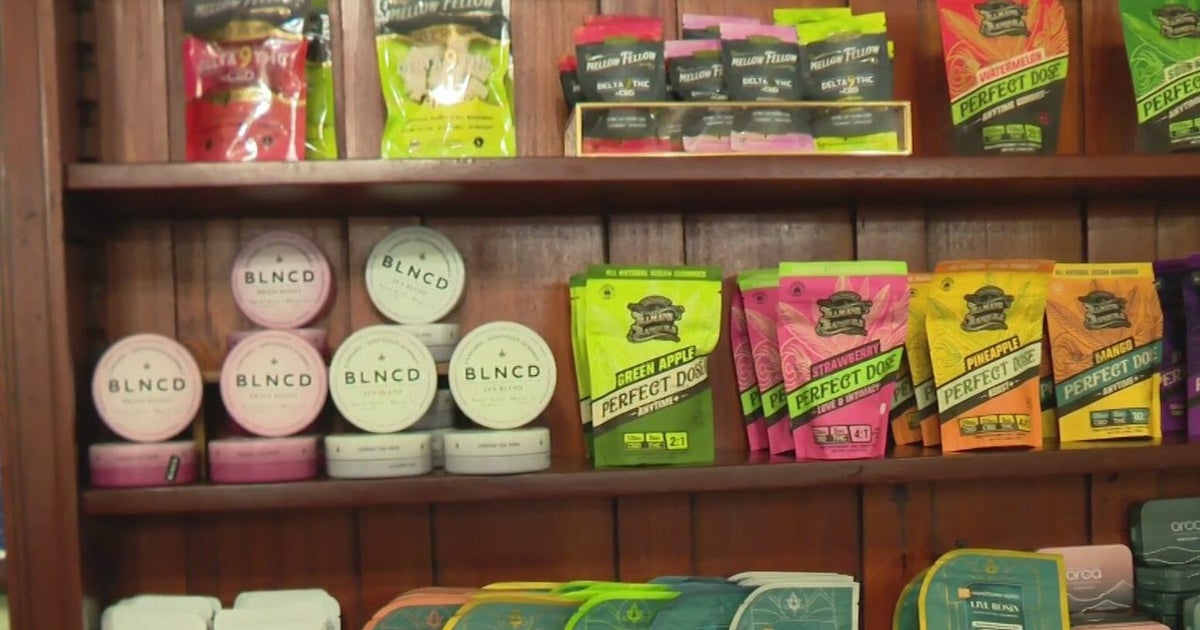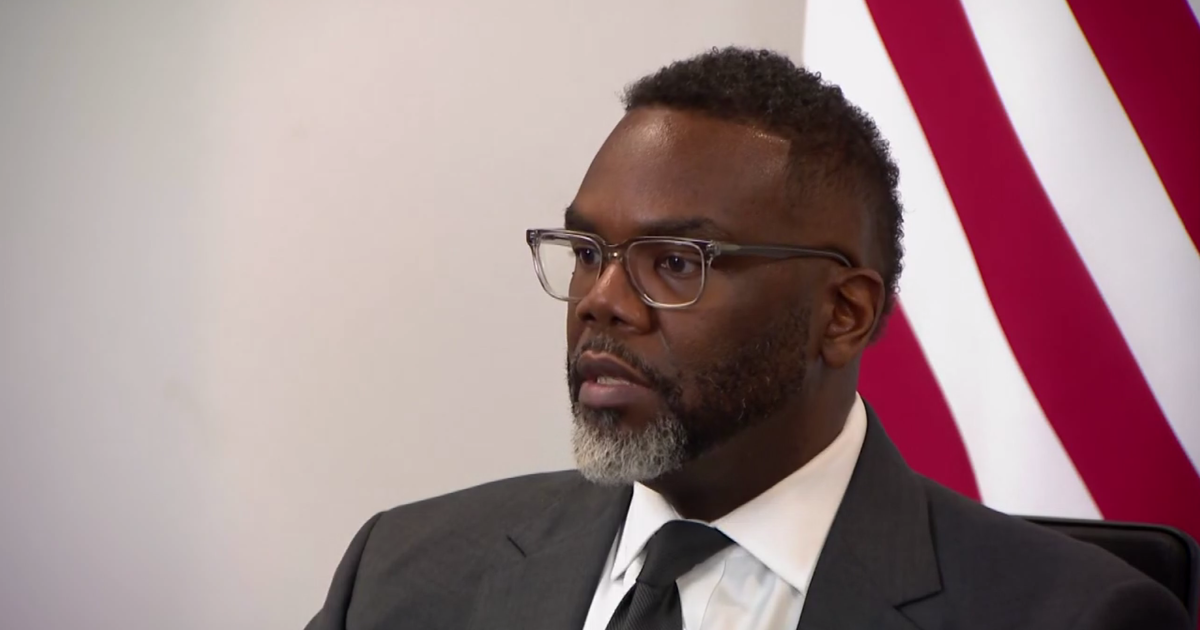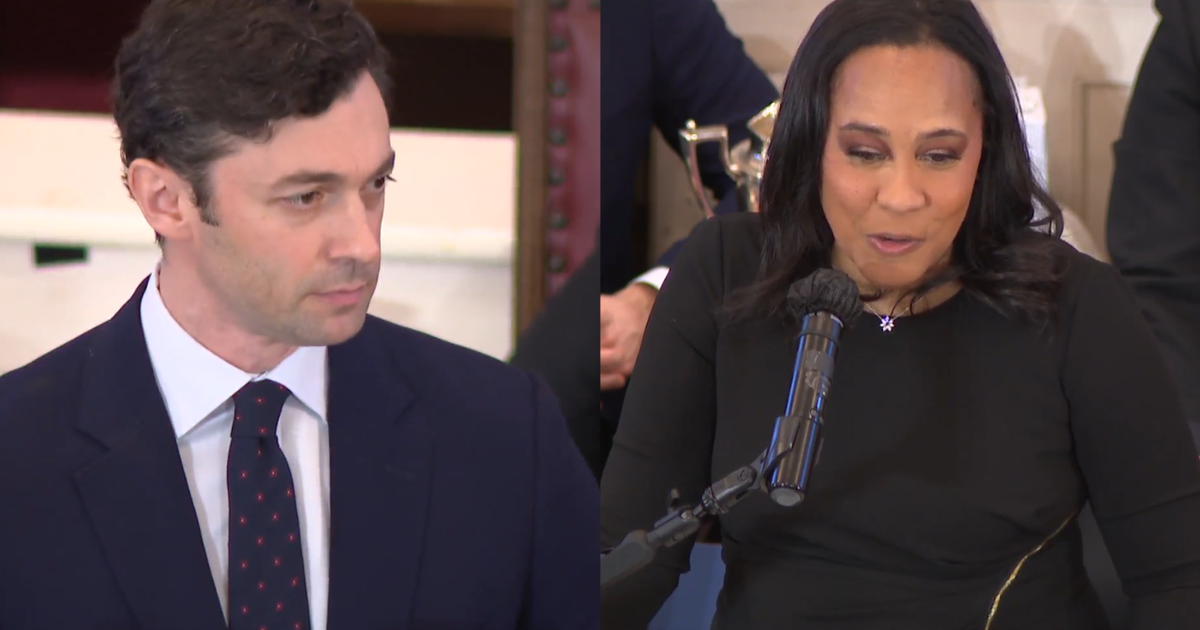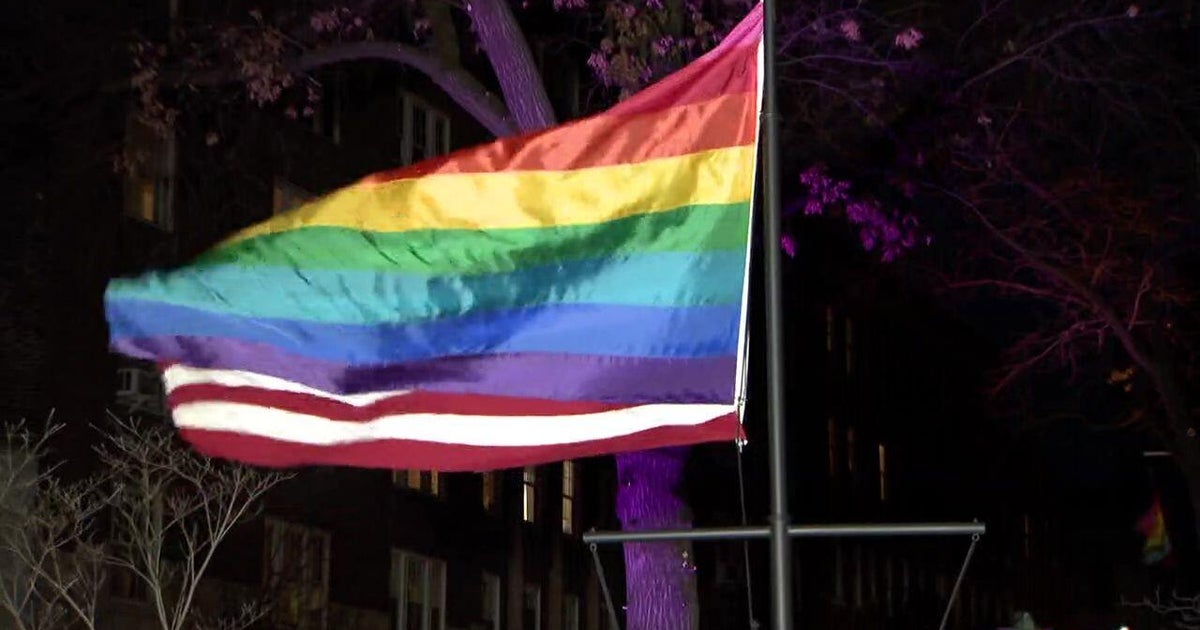State Senate Votes To Ban Alcohol Energy Drinks
SPRINGFIELD, Ill. (CBS) -- The Illinois Senate has voted to ban caffeinated alcoholic drinks, a measure spurred by public attention to Four Loko, a so-called "alcohol energy drink" popular with college students.
State Senators voted 51-0 Thursday to prohibit the production, manufacture or distribution of such products in Illinois. The measure now goes to the House, which is not back in session until early January.
The legislation, Senate Bill 3973, was sponsored by Sen. Ira Silverstein (D-Chicago) in the wake of public attention on Four Loko, a caffeinated alcoholic beverage made by Chicago-based Phusion Projects.
Four Loko and similar drinks came under intense scrutiny in recent weeks after several recent incidents in which college students were hospitalized after drinking the beverage.
Critics say the mix of high levels of caffeine and alcohol can lead to someone getting drunk off the beverages without realizing it.
Last month, Phusion decided to pull Four Loko off the market and reformulate the drink to remove caffeine, guarana and taurine.
The statement by the company's three co-founders said they were removing caffeine from the drinks after unsuccessfully trying to deal with what they called "a difficult and politically-charged regulatory environment at both the state and federal levels."
"We have repeatedly contended – and still believe, as do many people throughout the country – that the combination of alcohol and caffeine is safe," said Chris Hunter, Jeff Wright and Jaisen Freeman, who identify themselves as Phusion's three co-founders and current managing partners.
The company told CBS News in a statement earlier this month that the caffeine-alcohol combination was as safe as "having coffee after a meal with a couple of glasses of wine."
The U.S. Food and Drug Administration later deemed the caffeine in the drinks as an "unsafe food additive," forcing makers to either defend the drinks as safe, or stop adding the caffeine.
FDA Deputy Commissioner Joshua Sharfstein said that the agency has decided the combinations of caffeine and alcohol in the drinks is a public health concern after a yearlong review of the beverages. The FDA said the government could seize the products if the companies continue to make them.
The combination of caffeine and alcohol in the drinks creates a public health concern and can lead to "a state of wide-awake drunk," said FDA Commissioner Margaret Hamburg. Evidence has shown their consumption has led to alcohol poisoning, car accidents and assaults, she said.
But there is little known medical evidence that the drinks are less safe than other alcoholic drinks, but public health advocates say the drinks can make people feel more alert and able to handle tasks like driving.
A Wake Forest University study found that students who combine caffeine and alcohol are more likely to suffer alcohol-related injuries than those drinking alcohol without caffeine.
Last year the FDA notified more than two dozen manufacturers of caffeinated alcoholic beverages that it never had specifically approved the addition of caffeine to alcoholic drinks and began studying whether it was unsafe and should be outlawed. The agency noted the mix's growing popularity among college students and its potential health and safety issues.
The FDA said then it had not reached a conclusion about the drinks' safety but cited concerns from several state attorneys general who contended the drinks appealed to underage drinkers and encouraged reckless behavior.
Five other states have banned the drinks: New York, Washington, Pennsylvania, Michigan and Oklahoma.







